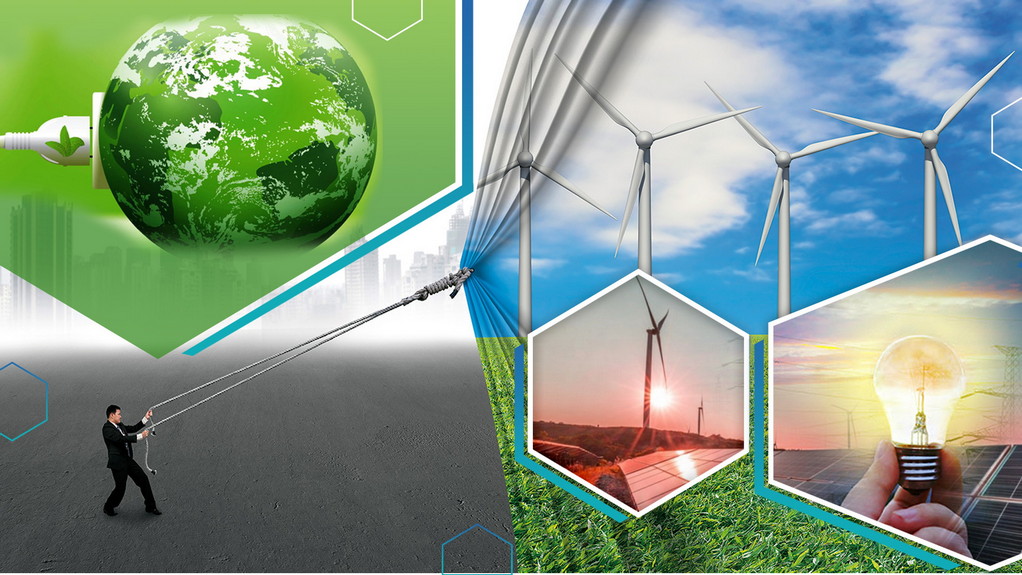Responding to report findings, AAPA has issued several recommendations for policymakers and relevant stakeholders to help create a level playing field and expedite decarbonization activities for ports.
While most American ports have decarbonization plans in place, a new report from ABS and the American Association of Port Authorities (AAPA) shows there are significant challenges to advancing emission-reduction projects, including financial constraints, low technology readiness, and physical space limitations.
The report is based on feedback from AAPA members and provides perspectives from both port authorities and vessel operations experts.
The survey included representatives from 25 ports, including Northwest Seaport Alliance, Port of Los Angeles, Oakland, San Diego, New Orleans, and Miami among others.
Given that there are currently no federal government regulations specifically requiring port decarbonization, the landscape across the port industry is uneven, largely driven by state and local regulations, the report indicates.
Hence, AAPA has issued several recommendations for policymakers and relevant stakeholders to help create a level playing field and expedite decarbonization activities for ports.
These include the creation of formal relationships between energy utilities and ports to make long-term plans for transmission projects. AAPA also recommends that utilities should draft official policies to govern net-metering at ports and incentivize local power generation.
The survey also found that utilities are not likely to start transmission construction, or even plan it, until the port reports their exact anticipated power requirements for a specific project, highlighting a need for early planning of future transmission projects to reduce waiting times and speed up the construction while saving money.
Holistic electric planning and standardization of charging infrastructure for trucks, cargo handling equipment (CHE), and vessels as well as shore power for ships have also been identified as policy priorities to increase economies of scale.
In addition, AAPA has called for an extension of federal grants beyond the Bipartisan Infrastructure Law (BIL) and Inflation Reduction Act (IRA) to continue funding port infrastructure and decarbonization projects as well as a permitting reform to help expedite the permitting process.
One of the important notes in the policy measures was to allow the purchase of hybrid port equipment with federal grants, as hybrid equipment is easier to procure from manufacturers and it is more durable. On the other hand, zero-emissions equipment is still not commercially available for certain classes of equipment, such as harbour craft.
The report said that by procuring hybrid equipment ports can achieve considerable progress in emission mitigation immediately without having to wait for zero-emission alternatives to become commercially available.
Tags: AAPA, ABS, American Ports, Decarbonisation



Recent Posts
DNV Grants Approval in Principle for New Ammonia Bunkering Vessel Design
Proteus Launches Modular Hydrogen Fuel Cell System for Maritime Sector
Van Oord Unveils Boreas, World’s Largest and Most Sustainable Offshore Wind Installation Vessel
New methanol-fuelled vessel ‘Berlin Maersk’ to enter service
NMPA wins greentech global environment award
CMA CGM in negotiations with Indian shipyards for LNG-powered shipbuilding
L&T to Develop Green Hydrogen and Ammonia Projects in Kandla
Pan Ocean Orders Two Eco-Ready VLCCs from HD Hyundai Heavy Industries